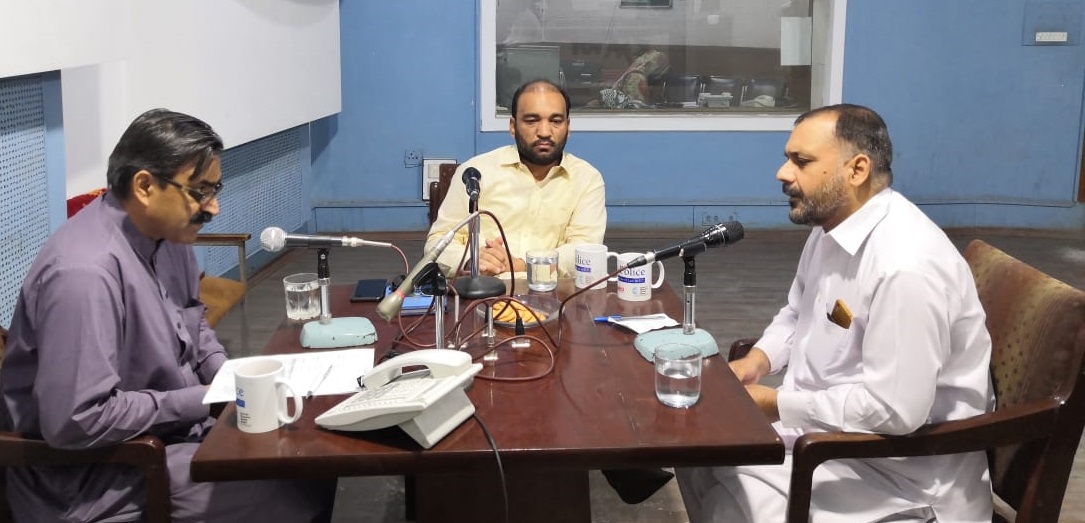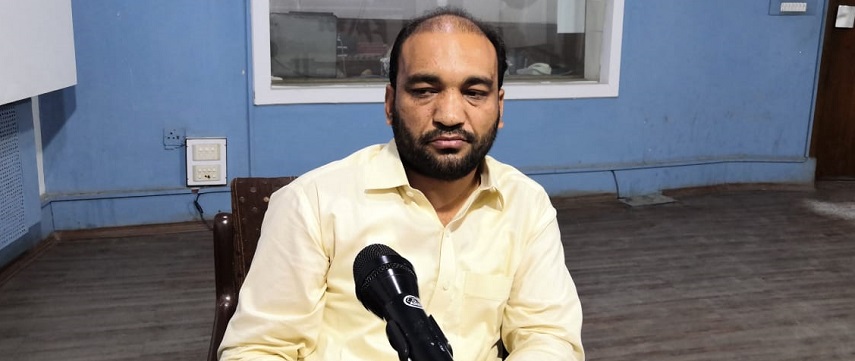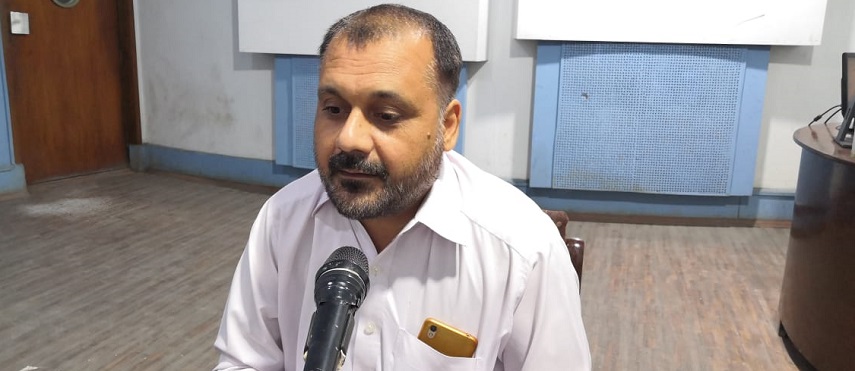The 85th radio program as part of the Center for Research and Security Studies’ (CRSS) counter-radicalization initiative Ulasi Taroon (Social Cohesion) was aired on September 13, 2019, on the theme of “Jinnah’s Vision for Pakistan and Social Cohesion”.
The idea was to discuss the founder of Pakistan, Muhammad Ali Jinnah’s vision for a progressive country and inclusive society, in the light of his speeches and quotes.
The guests on show said that Muhammad Ali Jinnah’s vision is clearly manifested in his well known address to the Constituent Assembly in the port city of Karachi on 11 August 1947, three days before the creation of Pakistan, where he said, “You are free; you are free to go to your temples, you are free to go to your mosques or to any other place or worship in this state of Pakistan. You may belong to any religion or caste or creed that has nothing to do with the business of the state”.
“Few individuals significantly alter the course of history. Fewer still modify the map of the world. Hardly anyone can be credited with creating a nation-state. Mohammad Ali Jinnah did all three”, the first guest on show, Mr. Mohamad Iqbal, Lecturer, Department of Pakistan Studies, University of Peshawar, quoted an English historian Stanley Wolpert on Jinnah’s role in the creation of Pakistan.
It shows his greatness and charisma he had a visionary leader, he added. Quaid-e-Azam believed in democracy and rule of law all his life. His vision for Pakistan is highlighted by his speeches and interactions with the people which shows that he wanted a democratic, tolerant and an inclusive country. He underlined social harmony and cohesion; stressing equal rights and equal representation for all sections of society. These are the fundamentally essential prerequisites for and basis of democracy, progress and prosperity.
The second guest on show, Mr. Jawad, a faculty member from Bannu Medical College, noted that Jinnah believed in inclusion; we saw that when Pakistan came into existence, he became our Governor-General and Liaquat Ali Khan was nominated as Prime Minister. Among six ministers, our law minister was from Hindu community. It was the vision of Quaid and it shows that he was against discrimination in this country and wanted equal citizenry; all members of the society as equal Pakistanis in a modern democratic state.
He also envisaged a democratic constitution for this country. Our constitution also endorses freedom of faith. He stressed that we should create awareness among our masses to have shared goals, collective vision, cooperate with each other and work for the national development as responsible citizens.
About Ulasi Taroon
Ulasi Taroon is a counter radicalization initiative of Center for Research and Security Studies that aims to address the radicalization challenges, extremist ideologies and foster social cohesion through a discourse anchored in the core constitutional values which are fundamentally essential prerequisites for social peace and harmony. The endeavor aims to cultivate and sensitize the people of KP in the core values in the Pakistani constitution and our social contract. It’s an attempt to highlight the criticality of abiding by these ideals – such as adherence to rule of law, primacy and sanctity of constitution, equal citizenry, responsible citizenship, respect for fundamental human rights, tolerance for diversity and different opinions, inclusive democracy and good governance – as a measure of fostering social cohesion and peaceful co-existence.



